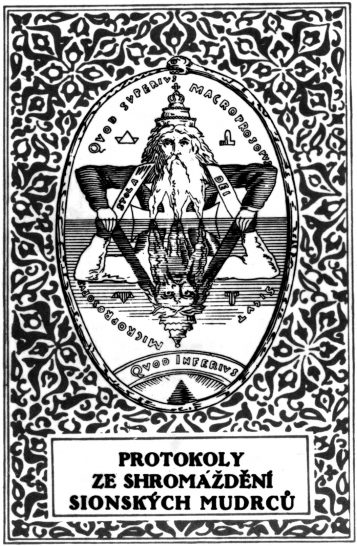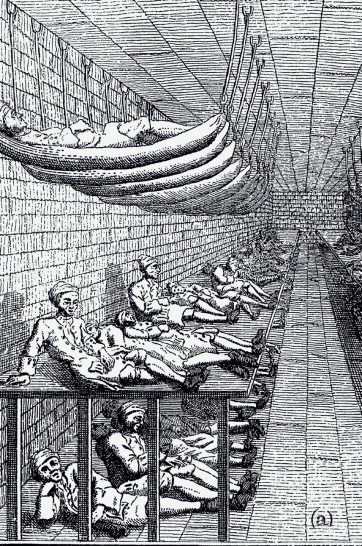
In 1949, the Chinese Civil War ended with the victory of Mao Zedong’s Communist Party (CCP) over the nationalists. Soon opponents of the new regime were under attack. Those suspected of working with the nationalists had their property taken away. Anyone suspected of being a spy was imprisoned, deported or worse.
However, in February 1957 Mao Zedong appeared to suggest that his government would no longer be intolerant of opposition. ‘Let a Hundred Flowers blossom,’ he declared, and ‘a hundred schools of thought contend’. The different ‘schools’ meant different ideas and beliefs. People were encouraged to offer suggestions on how to improve the situation in China, and they did so, suggesting reforms such as less censorship and more rights for schools to teach ideas other than communism. Some even suggested that Mao himself should give up some of his authority.
Your organisation does not have access to this article.
Sign up today to give your students the edge they need to achieve their best grades with subject expertise
Subscribe




